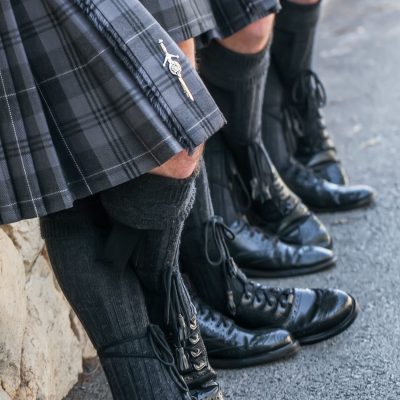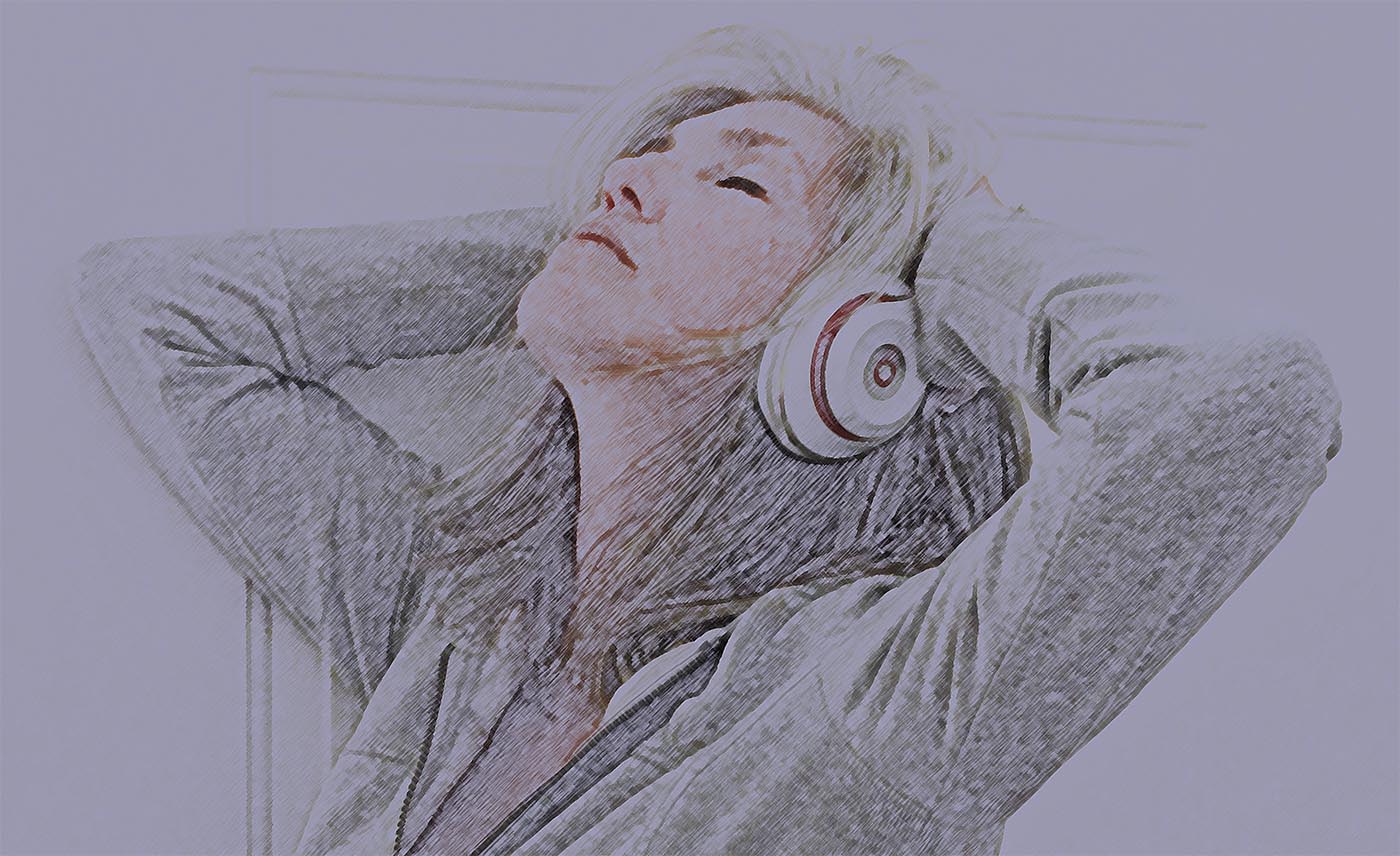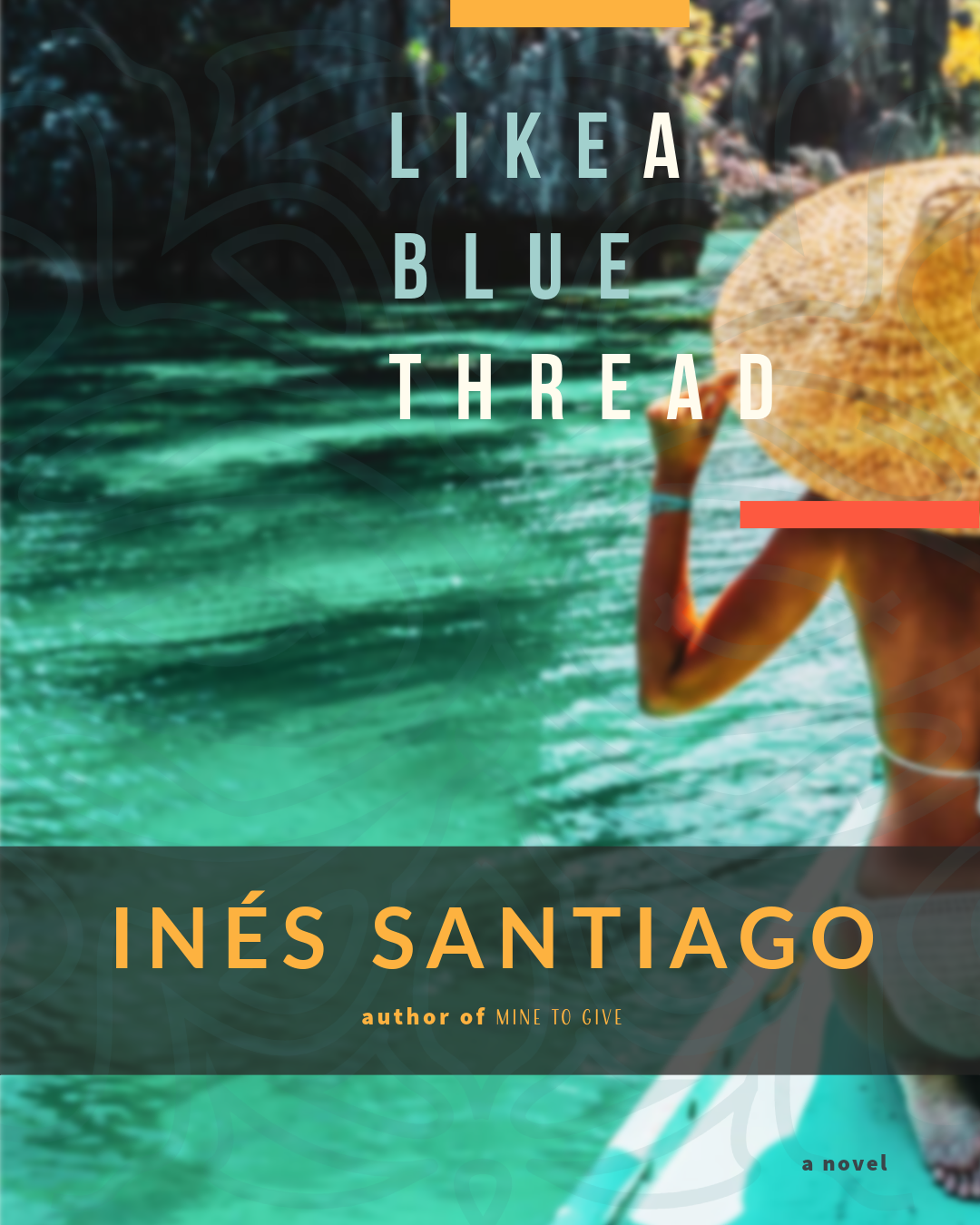

Are you from the Scottish Highlands?” She sips the whisky, swishing the still in her mouth.
“Yess, my ancestors reputedly from one of the aulder clans.”
“Any famous Highlanders I would know?”
“Macbeth was a Highlander.”
“Macbeth? He wasn’t a figment in Shakespeare’s imagination?”
“Macbeth MacFindlaech rruled Scot-land for seventeen yeears.”
“He wasn’t a figment?”
“No,” he leans in, wanting to talk about something else, to not talk at all, “are you per-haps a figment of mine?”
“I am real, very much of the flesh.” She takes another sip, letting the whisky pool in her mouth before savoring it again … but it still tastes like glue.
IT ISN’T
LONG
BEFORE
MIRIAM HAS
TO
ACKNOWLEDGE
SHE HAS
NEVER
WANTED ANYTHING
SO
MUCH
originated | sometime in 2005, perhaps 2004
begun | with fervor in 2005, finished end of ’08
published | in 2012, after innumerable edits
the desire & pursuit
then the anger and frustration, make her think that perhaps
getting what she wants
may not give her what she wants
how it happened
Where the original idea came from I couldn't tell,
but years later, I found myself alone in unexpected ways. One morning, while visiting family, I awoke with the need to write. So, I put together notes and dialogue accumulated over a couple of years (I have always traveled well prepared). Understanding what it was like to have no one with whom to live days and nights and everything in between, it was a wee bit natural, and fun, to make Miriam a woman with desire, yet no real desire, for a man.
but that morning he became a Scot. I had been to Scotland years before and was infatuated (which I continue to be) with the country. He had always been a golf course architect … golf and Scots — it made so much more sense!
Sinjin was originally English
more difficult to come by was the crux
of the novel. It occurred to me in the midst of writing, after hearing a song. I was writing sin rumbo ni sentido (without direction or sense). Once incorporated, and made to work and flow, I had doubts. What if a different decision was made? A more realistic and sensible, though much harder to make, decision? So I wrote a second unfolding. I will ask for advice and, if plausible, will also offer the alternate decision and slight changes to the last chapters.
The ending would remain the same, the characters would not.
I wrote this novel after Like a Blue Thread, which was born out of scribblings on a notepad, ramblings of anger and despair.
This one, though, I meant to write




